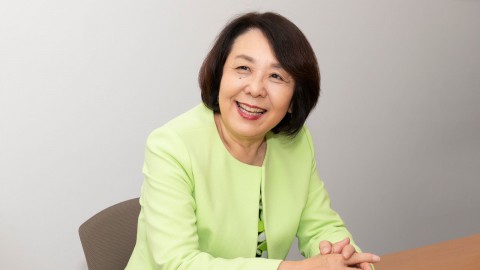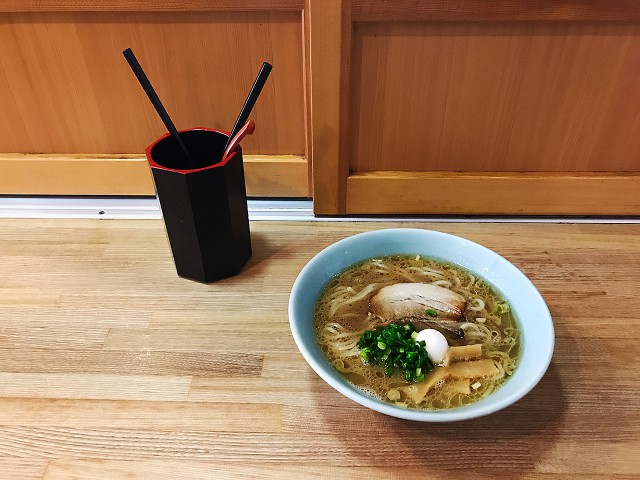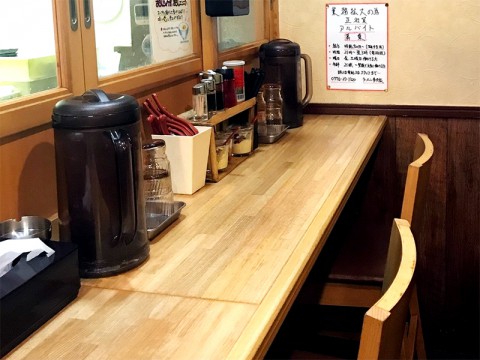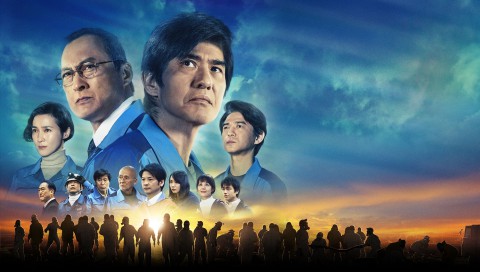The very first student studying abroad from Fukui: Taro Kusakabe
2020.05.31
I watched a special program of FBC (local TV station of Fukui), which depicted Taro Kusakabe and W.E. Griffis. I know their names, but I didn’t know how they lived their lives. And I was moved by their lives watching the program.
Taro Kusakabe was born in 1845 in Fukui City. In 1856, a new domain school was opened in the city. Normally, students enter the school at the age of 15, but Taro was such a bright child and he entered it at the age of 13. In 1867, Taro went to America to study Rutgers University in New Brunswick, where Taro met Griffis to learn Latin. Taro often used to boast to Griffis about how good Fukui was.
On the other hand, things were very expensive in America at that time. Taro lived on a little money from Fukui, so he had to cut down on food expenditure. Also, he cut back on sleeping and studied hard in a cold room, and finally, he became infected with tuberculosis. In 1870, Taro ended his short life of only 24 years in New Brunswick just before his graduation.
The university was closed because of Taro’s funeral. In the church that it was held, professors, students, friends, and also Griffis, who was overwhelmed with sadness, attended. No words can describe his loneliness and sorrow that died in a far foreign country. I feel a great pity.
That is, in Fukui, in the era from the late Edo Period to the beginning of the Meiji Period, two brilliant young persons, Taro Kusakabe and Sanai Hashimoto (executed in 1859 at the age of 25). I cannot help but think if they were alive.
By the way, Griffis received a letter from Fukui Domain after several months after Taro’s death. I will continue this in my next week's blog. (H.S)
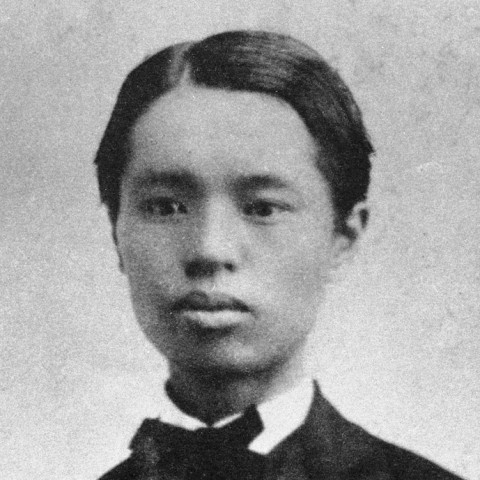
Taro Kusakabe (From Fukui City History Museum’s website)
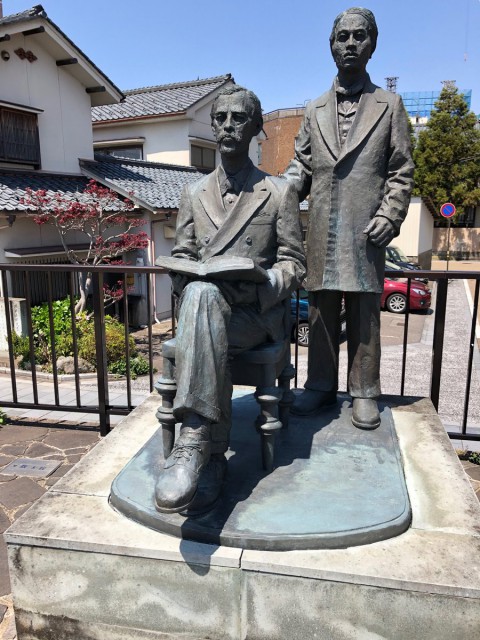
Bronze statue of Griffis and Taro located on the river bank of Asuwa River in Fukui City


